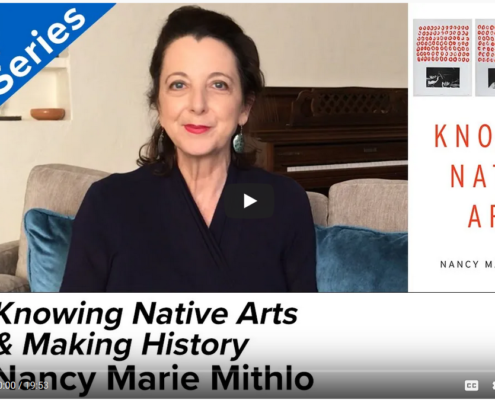
LA Social Science Book Series on “Knowing Native Arts” & “Making History” with Professor Nancy Marie Mithlo
UCLA graduate student Marina Perez interviews Dr. Nancy Mithlo,…
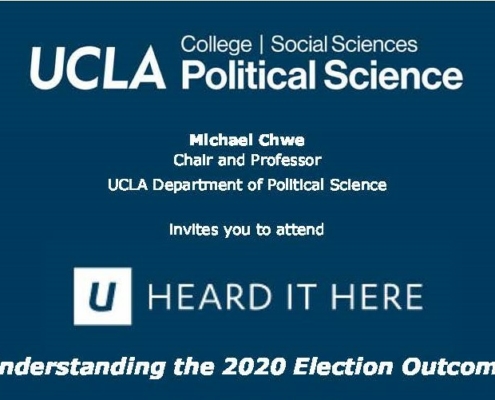
RSVP Now for “U Heard It Here: Understanding the 2020 Election Outcome” on November 17
U Heard It Here: Understanding the 2020 Election Outcome
Michael…
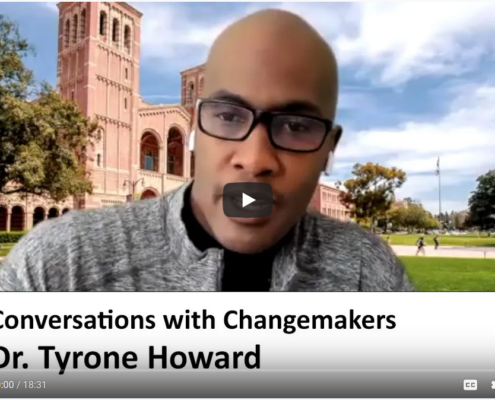
LA Social Science Presents “Conversations with Changemakers” Featuring Dr. Tyrone Howard Discussing the State of Education during COVID-19
LA Social Science recently spoke with Dr. Tyrone Howard, Professor…
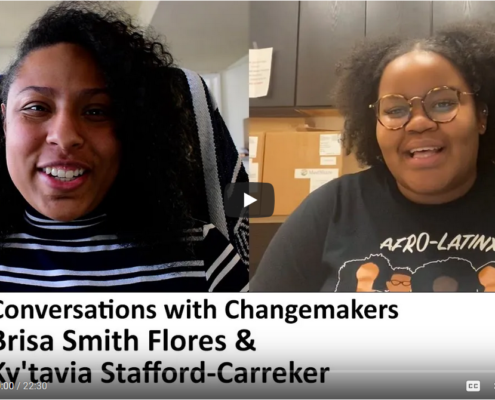
LA Social Science Presents “Conversations with Changemakers” Featuring Students Discussing Afro-Latinx Identity
During Latinx Heritage Month, LA Social Science interviewed…
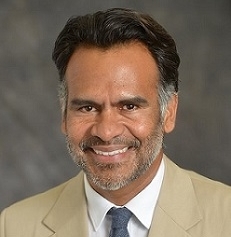
Professor Avila Featured in PBS Film, “Driving While Black: Race, Space and Mobility in America”
UCLA Professor Eric Avila, was one of the scholars and community…
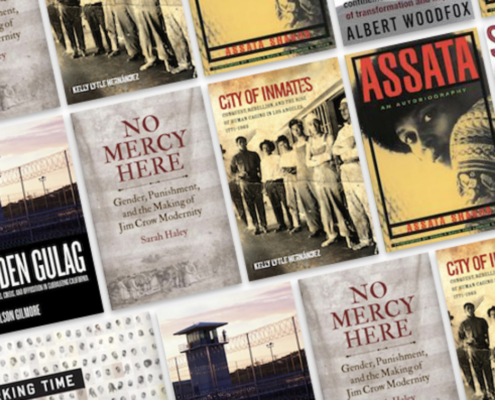
National Book Foundation’s Literature for Justice Program Selects Books by UCLA Professors
The National Book Foundation's Literature for Justice program…
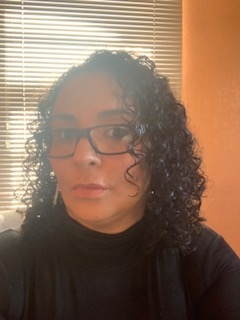
UCLA Professor Featured in KCET Special, “187: The Rise of the Latino Vote”
Dr. Celia Lacayo, Associate Director of Community Engagement…

UCLA Professor Urges Americans to Act for Children, Our Global Future
As a guest author for Scatterplot, Dr. Aliza Luft, UCLA assistant…
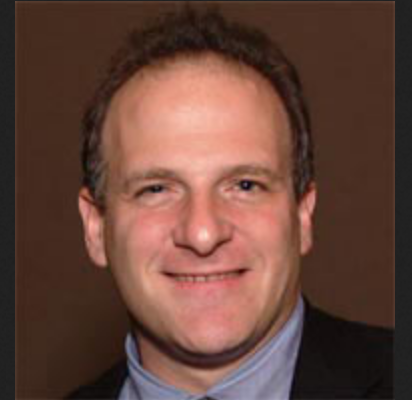
Gift Establishes The Study of Black Life and Racial Inequality Program Fund in Anthropology at UCLA
UCLA Anthropology alumnus and Professor Robert B. Lemelson has…
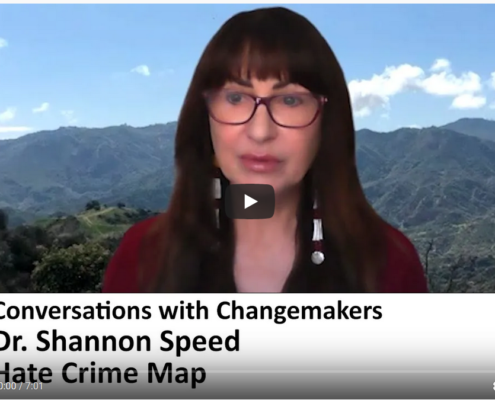
LA Social Science Presents “Conversations with Changemakers” Featuring Dr. Shannon Speed Discussing The Hate Crime Map Project
LA Social Science recently spoke with Dr. Shannon Speed,…

